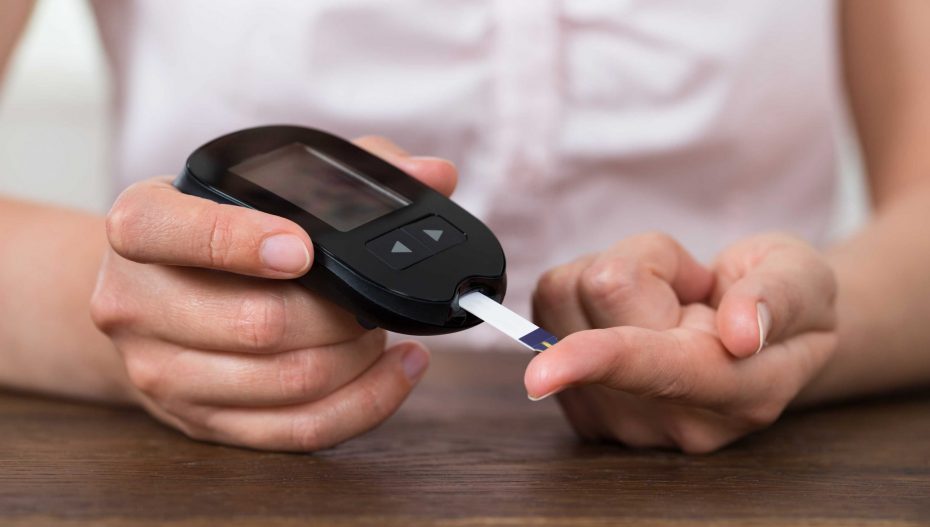Do you suffer from diabetes? If yes, then having a glucometer at home is a must for you. A glucometer is quite easy to use and can help you keep an eye on your blood sugar levels at all times. Here’s the guide of how to use a Glucometer.
Affecting hundreds of millions of people around the world, diabetes has become one of the major global public health concerns. The best and only way of keeping this condition in check is by keeping an eye on your blood sugar levels at all times. Keeping a track of the glucose levels in your bloodstream not only helps your healthcare provider formulate an effective treatment plan but also offers useful insights into the way various activities, medications and diets affect your diabetes.
If you have to check your blood sugar levels frequently, the most economical and convenient way is to have a glucometer at home. When it comes to managing your diabetes, this device can prove to be quite helpful. So, read on to find out all about owning a glucometer and how to use it. So here’s the guide of How to Use a Glucometer
What is a Glucometer?
Also referred to as a glucose meter, a glucometer is a compact portable device capable of measuring the amounts of glucose in the bloodstream using a few drops of blood, usually taken from a fingertip. It takes seconds for glucometers to tell you if the blood sugar levels are too low, too high, or on target. Usually, a glucometer kit includes a battery-operated digital meter, tracking software, lancets, glucometer strips and a lancet device for adjusting the depth of the fingerstick according to the skin’s thickness. Whichever kind of diabetes you have, a glucometer serves as a source of highly valuable information. It can be immensely helpful in ensuring the effectiveness of medicines and achieving the blood sugar target.
Step-by-Step Guide for Using a Glucometer
Here’s a step-by-step guide to using a glucometer at home.
- Prep
Make sure to follow these steps before you go ahead with drawing blood.
● Clean your hands with an alcohol pad or wash them with soap and water to prevent infection and remove any food residue that could alter the results.
● Make sure your skin dries completely as moisture can dilute the blood sample. Also, don’t blow on your fingers to dry them since that can introduce germs.
- Test a Sample
Once your hands are clean and dry, it’s a quick and easy process to draw the blood and test the sample. To avoid having to prick your finger multiple times, follow these steps:
● Turn the glucometer on by inserting a test strip. Keep an eye on the screen as it will let you know when to put the blood sample on the test strip.
● Pierce your fingertip with the lancing device. To make it hurt less, try piercing the side of the fingertip next to the nail instead of the pad of your finger.
● Squeeze the finger at the point of piercing to produce an adequately-sized sample.
Place the blood sample on the test strip.
● Apply the alcohol prep pad to your finger to stop the bleeding.
● Wait a few seconds to get the reading.
- Record the Results
Make sure to record the results of every test you perform. This can make it infinitely easier for your doctor to build a suitable treatment plan. You can choose to keep a log of all the readings on paper. However, syncing your glucometer with a smartphone app makes the process much simpler. Some glucometers come with a feature that records all readings on the monitor itself. Make sure to strictly follow your doctor’s advice for what to do to keep the condition manageable.
Things to Keep in Mind
When using a glucometer to check your blood sugar levels, the following are some of the things that you should keep in mind.
● Never use expired test strips as they can provide inaccurate results.
● Store test strips in their container and make sure that the lid is closed tightly. Moisture or light can damage them.
● Clean the glucometer frequently.
● Different glucometers require differently-sized blood samples. Make sure to find out what blood sample size is required by your device.
● Don’t forget to use a new lancet every time you use your glucometer. This is essential not only for hygiene purposes but also because using the same lancet repeatedly makes it dull and the pokes are more painful.
Keeping track of blood sugar levels is essential for not only managing your diabetes but also reducing the risk of complications in the future. Diabetics should own a glucometer as it is always useful and offers a comfortable, simple and less painful way of checking your blood glucose levels. You can also buy a glucometer for yourself from the Apollo 24|7 app.













